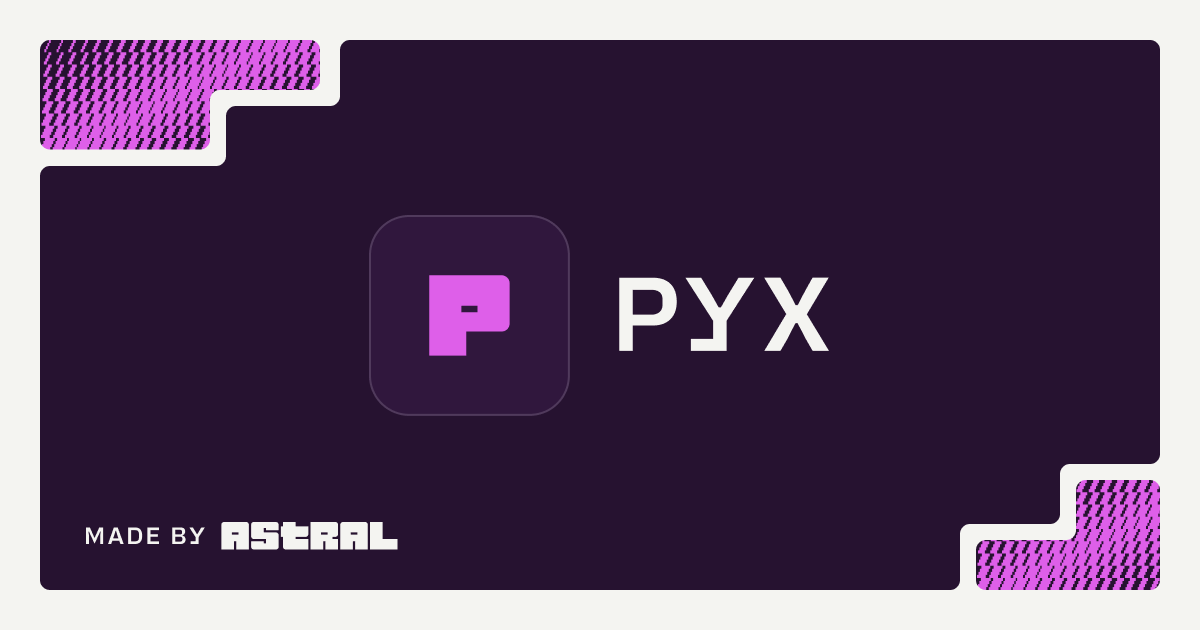PYX Beta Review: The “Next-Gen” Python Registry We Didn’t Know Needed an MD’s Diagnosis
Hello everyone. Let’s talk about “pyx” – Astral’s shiny new “Python-native package registry” that’s apparently the future of Python. Or, as I like to call it, yet another buzzword-drenched attempt to reinvent the wheel, but this time with “GPU awareness” bolted on so they can have that sweet AI relevance. They call it the first piece of their grand Astral platform: the all-singing, all-dancing infrastructure that’s going to make Python faster, stronger, maybe even play MP3s if we’re lucky. Cute story, right?
The Elevator Pitch (Or How to Sell a Registry Like It’s a Cure for Cancer)
The marketing sheet goes like this: pyx is an “optimized backend for pip.” Not just another package registry – oh no, that would be too pedestrian. It’s here to solve “problems beyond the scope” of your primitive, peasant-level package registry. It’s secure! It’s GPU-aware! It’s the Swiss Army knife of dependency management for both PyPI packages and your oh-so-special private packages no one else cares about. Sounds groundbreaking if you’ve been living in a cave since Python 2.4.
Of course, like any good “platform,” this is just the first step in their plan to become your Python one-stop shop. Astral, the folks behind Ruff (the linter/formatter) and PDM (package manager for people who hate standard tooling), want to go “beyond command-line tools” and embrace full “Python cloud” domination. Right – because what every Python developer secretly dreams of is for their pip install to require a handshake with a corporate cloud service.
The Gripes They’re Trying to Fix
I’ll give credit where it’s due: they’ve picked real pain points from their issue tracker and enterprise chats. The stuff they list will sound familiar if you’ve ever wanted to throw your laptop across the room when dealing with:
- Installing PyTorch, CUDA, or libraries like FlashAttention without growing a full beard waiting for builds.
- Watching everyone on your team rebuild the same huge package like Groundhog Day.
- Breaking builds because setuptools decided to go rogue.
- Wanting authentication against internal registries to not feel like diffusing a bomb.
These are fair targets. It’s like going into the ER with chest pain and instead of giving you a stethoscope to self-diagnose, someone hands you a fully equipped, always-on cardiology wing. Convenient – but I can’t help suspect they’ll charge rent on that ward.
The Integration Play
Here’s the clever bit: pair PDM on the client side with pyx on the server side, and they claim a whole class of problems will vanish into the ether. Dependency dragons slain. Build gremlins exorcised. It’s like equipping your World of Warcraft healer with a Mythic-tier staff – suddenly the game’s a cakewalk, as long as you’re playing in their guild. You don’t need PDM to use pyx, and you don’t need pyx to use PDM – but let’s not kid ourselves: they’re clearly angling for that warm, fuzzy lock-in.
Open Source Halo, Paid Service Core
To their credit, Astral isn’t pulling the rug on their open source toys: uv, Ruff, and PDM remain free, open, and permissively licensed. Pyx, in contrast, is their premium, hosted, “natural next thing you need” offering. Think of it like free-to-play gaming: the base game is free, but you’ll cough up when you want that sweet expansion pack with working servers.
Beta Reality Check
As of now, pyx is not generally available. They’re cozying up with early partners, getting feedback, and no doubt collecting enough telemetry to rival a dystopian sci-fi AI. “We want to build in the open,” they say. Translation: please stress-test our thing for free before we start charging you for it. Sure, that’s cynical, but in tech, cynicism is survival instinct.
The Doctor’s Orders
From my seasoned, white-coated perspective, pyx looks like a promising new condition in the wild – potentially benign, but with a high risk of metastasizing into a monetized monopoly if left unchecked. Yes, solving dependency hell with vertical integration is enticing. But the symptoms of lock-in, ecosystem fragmentation, and inevitable service outages should be kept under observation.
Final Verdict
There’s no doubt pyx could make life better for Python developers, especially in big-team, GPU-heavy environments. The integration dreams are nice, the pain points are legit, and the “keep the open source free” philosophy is commendable. But forgive me if I’m not popping champagne over a beta of what’s essentially “Pip Deluxe, Now With Cloud.” After two decades in tech, I’ve learned that today’s “revolutionary developer experience” is tomorrow’s overpriced subscription tier. For now? Cautious optimism, with a healthy dose of protective sarcasm.
“And that, ladies and gentlemen, is entirely my opinion.”
Source: PYX: The next step in Python packaging, https://astral.sh/blog/introducing-pyx



